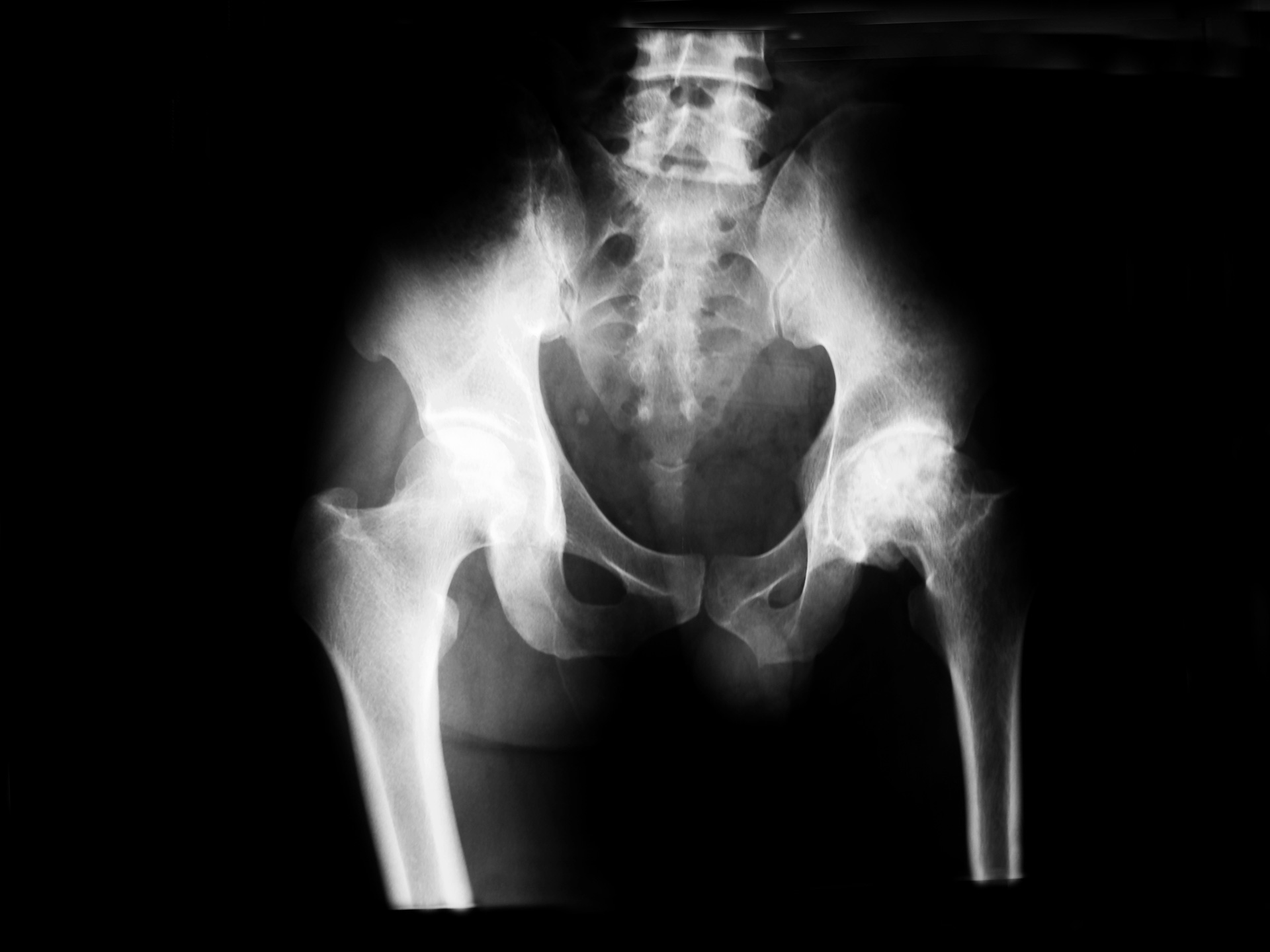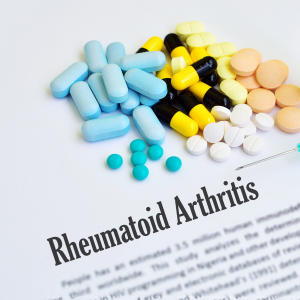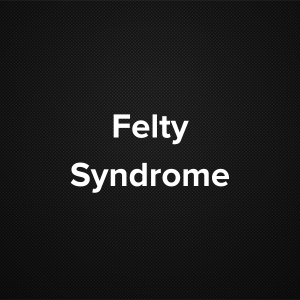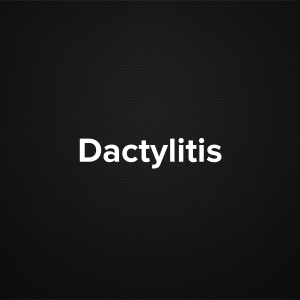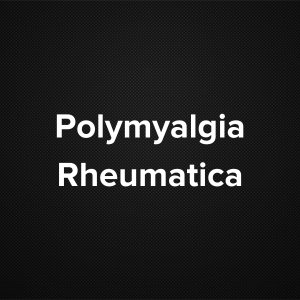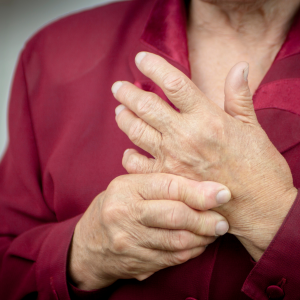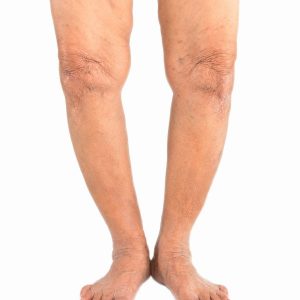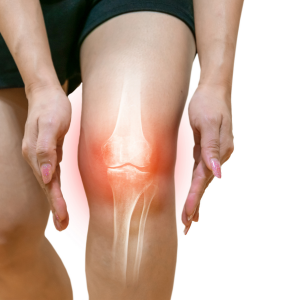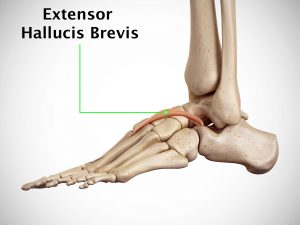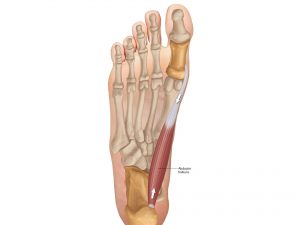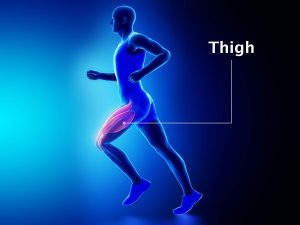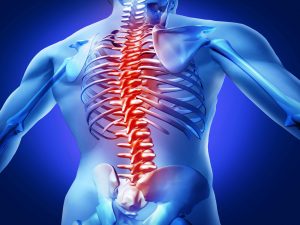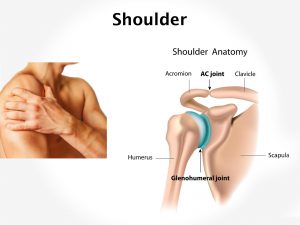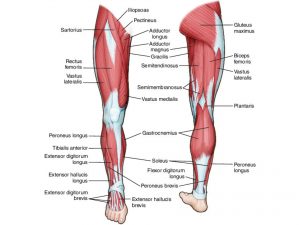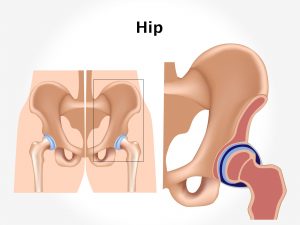Causes and risk factors
It is caused due to various factors which interrupt the blood supply to the bone like injury to the bone, radiation therapy in cancer treatment, dislocation of joint, some medical illnesses like sickle cell anaemia HIV, SLE, diabetes, excessive alcohol intake, certain types of medications, undergoing certain procedures such as dialysis, organ transplant.
Clinical presentation
Commonly affected bones are the hip, shoulder, knee, hand and foot. In early stages of Avascular necrosis patient is asymptomatic. As disease progresses, the bone and surrounding joint collapse, pain is the first symptom experienced. Pain on putting pressure on the affected bone, inability to use the joint. Gradually there is pain in the joint even at rest.
Investigation
Medical history by the patient and Clinical examination by the doctor helps in diagnosis. X-rays of the affected bone or joint, MRI scan, Bone scan will help in knowing the stage of disease and extent of bone damage.
Treatment
Treatment involves medications such as analgesics, NSAIDs to relieve pain. Physiotherapy exercises, rest, electrical stimulation will also help in managing avascular necrosis. Doctor may advice following healthy diet, limiting the intake of alcohol, medicine intake only under doctor’s supervision. Surgical treatment includes core decompression, vascular bone grafting, bone reshaping, and joint replacement.
Other Modes of treatment
The other modes of treatment can also be effective in treating avascular necrosis. Homoeopathy is a science which deals with individualization considers a person in a holistic way. This science can be helpful in combating the symptoms. Similarly the ayurvedic system of medicine which uses herbal medicines and synthetic derivates are also found to be effective in treating avascular necrosis.
